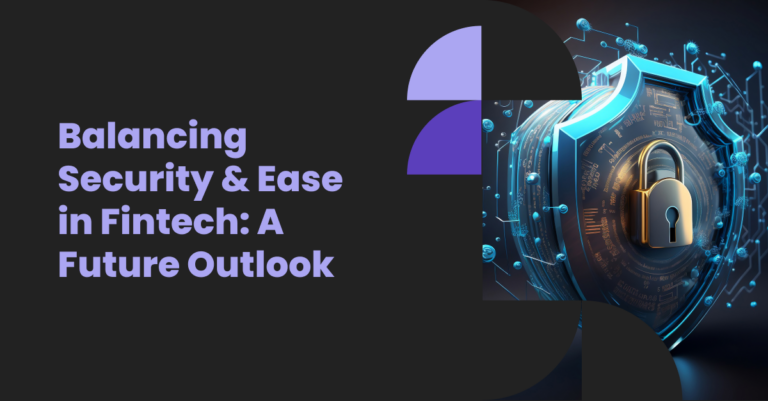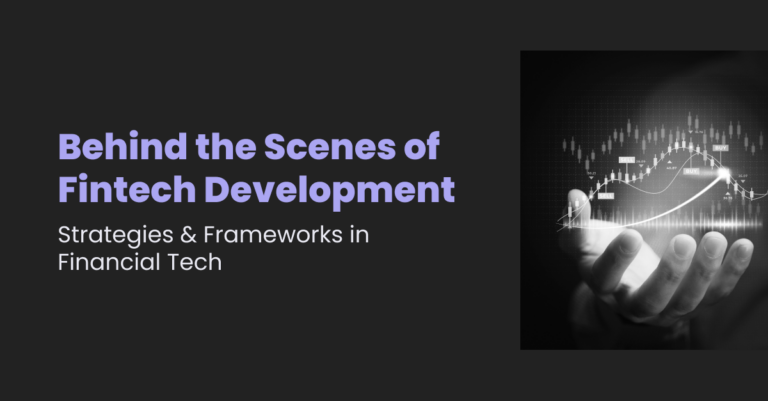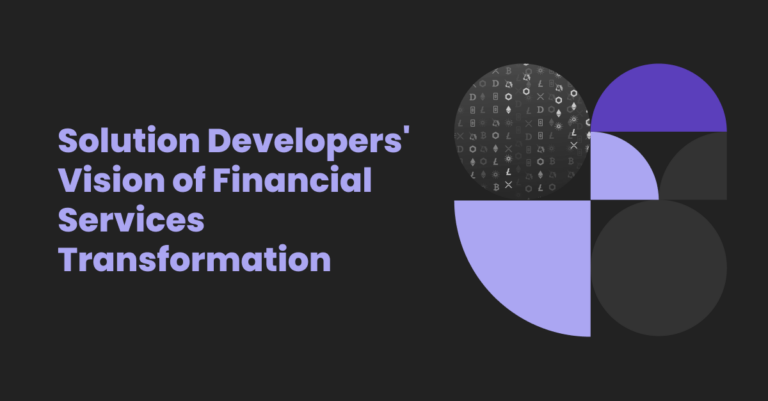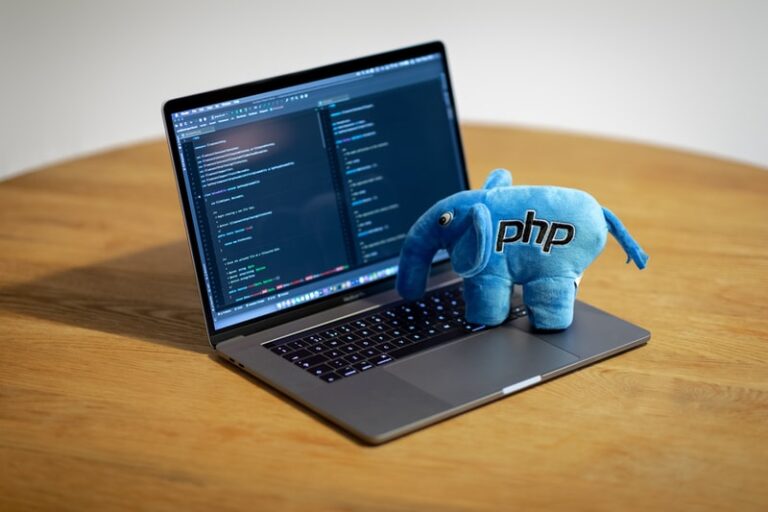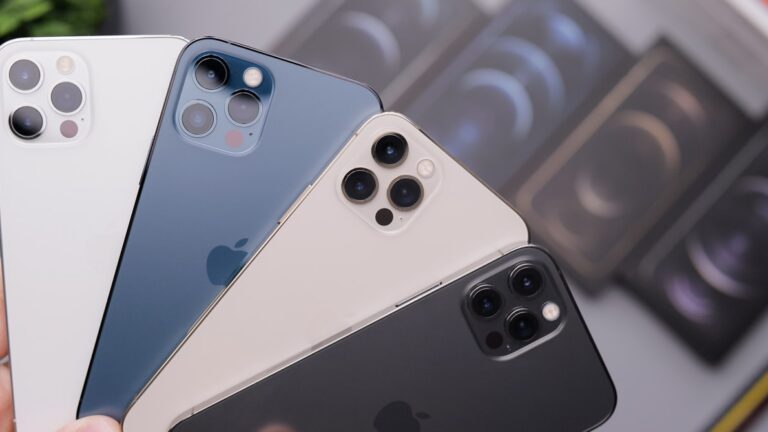SEO vs. PPC is one of the hot topics in the internet marketing world. If viewed objectively and professionally, both organic and paid search visits have their purpose, and which should be favored depends on several things. Those who are at least a little more knowledgeable will often use a mix of both.
Some of you might feel like the title is a little caustic. Absolutely not. It’s just a dry fact. In fact, Google makes most of its profits from its ads (to be more precise – 90% of its earnings).
What Is SEO?

To put it simply, SEO is a process that brings together all the activities aimed at positioning your site as high as possible in the search results of all search engines.
However, SEO optimization is not as simple as it sounds. It is the art and science of publishing information in a format, which will convince search engines that your content meets the needs of their users for relevant queries. There is a whole list of activities divided by areas that, on the one hand, aim to raise your rank position and, on the other hand, aim to increase the number of relevant visitors to your site.
It is a complex process that affects the visibility of a particular website in unpaid web search results, which are defined as “organic.” This means that SEO combines different methods and techniques of creating a website, creating content, and obtaining external links from relevant websites, which ultimately aim to position your website on the first page in Google search.
In other words, SEO represents a loving connection of a website with Google and other web search engines.
How to Benefit From SEO
SEO has long been recognized as an effective, important, and not so expensive internet marketing strategy even SEO. While there are plenty of benefits to a good SEO strategy, we’ve singled you out three, hoping you’ll recognize why SEO services are important as it is.
Increased Volume of Organic Traffic
High positions on the pages of search results bring the most organic traffic, and SEO optimization of the site is what will allow you to do so. Also, optimization will create informative, relevant titles and meta tags for your keywords. Quality optimization will also affect CTR (Click Through Rate) as well as relevant organic traffic. And increased organically relevant traffic = increased profit!
Measurable ROI
SEO activities(such as SEO for casino) provide results that can be easily measured and from which a lot of data can be extracted, so ROI is always easy to track. Today, it is possible to track almost every aspect of online business, so the results achieved in ranking, organic traffic, and conversion will easily show the ROI values related to your optimization.
Raising Awareness of Your Brand
As most of your potential consumers use search engines daily, high positions on them will bring you a large number of impressions to your target population 24/7. So many regular displays/mentions of your brand in the minds of consumers will lead to the creation of a link between the targeted keywords and your brand. Thus, your brand can gain greater consumer trust and be recognized as synonymous with quality. And you will agree that this will bring you potentially increased traffic which translates to profit. So, the higher your position, the more profit you can expect. Very simple.
Downsides of SEO
There are quite a few challenges when working with SEO:
- Changes Must Be Made to Your Site Code. Usually, the changes are invisible to visitors. However, if you have invested heavily in a site unsuitable for search engines, the process can be time-consuming and expensive.
- Results (Scales and Traffic) Start Slowly. You will usually see results within 3-4 months.
- There Can Be No Guarantee. As search engines themselves have the last word, you can’t predict how many rankings you’ll get for a particular term or search engine, nor can you predict how much traffic will come to your site.
- SEO Is Not Free. Even though you don’t pay when someone clicks on your site on Google, SEO is still an investment because you need to pay experts to bring you to positions, or you need to invest a lot of time if you do it yourself.
What Is PPC?

PPC or Pay Per Click is a form of internet marketing where the advertiser places an ad that pays according to the number of clicks. This means that only the realized activity between the advertiser and the user is paid.
PPC, as part of digital marketing, can most often be seen in Google search results, although it is also present on social networks, primarily on Facebook and Instagram (which are famous for using both organic search and paid search). This way of advertising is a fast and efficient way to get site visits, make new contacts, and achieve better product sales. If you create a quality ad for a particular keyword, your site will rank at the very top of the search.
PPC allows you to always be at the top in search results, even better ranked than sites that found themselves there via SEO. And while organic ranking takes time and adherence to SEO rules, PPC marketing allows you to be quickly positioned at the very top of the search. Of course, you will have to pay for such a quick result, and it depends on your expertise how much it will pay off.
How to Benefit from PPC
Although PPC marketing can be expensive, if the audience is well-targeted, the return on investment is extremely high. The main reason is that you pay practically only for those users who clicked on the ad, therefore, only for those who are interested in what you offer, which increases the chance that a site visitor will buy your product. This is the main advantage when considering PPC vs. SEO.
An additional benefit is that you have very clear ways to measure the effectiveness of the campaign. This way, it will always be clear to you whether advertising is worthwhile and whether you have a return on investment and business improvement.
For many, the most important advantage is the practically immediate impact of on-site visits. While organic ranking requires a lot of effort through many SEO strategies, PPC offers an instant solution. That is why Pay-per-click, along with other methods of paid SEM advertising, is a great complement to SEO methods.
Downsides of PPC
You should know that this type of internet marketing has its drawbacks, which primarily relate to the price of advertising. For a campaign to pay off, it takes knowledge to set it up properly. You can acquire these skills with a PPC course, which will help you learn how to create a successful PPC campaign.
Posting an ad is not the end of the process. Namely, it is necessary to constantly monitor it because it is very easy to spend the planned budget without any results. It’s also important to know that just because someone clicks on an ad doesn’t automatically mean they’re going to buy something. In this way, the campaign can be “successful,” and you end up in the red. This situation usually happens if you have not convinced new visitors to buy the product or do some other activity for which you have invested money in advertising. This is the main reason why website owners hesitate between organic vs. paid search.
Which One to Choose?
Now we come to the question – SEO vs. PPC or organic search vs. paid search?
SEO marketing is probably best if:
- You want to spend some time on search engine marketing, and it pays off in the future on all possible search engines around the world.
- You want to save money.
- Your website is relatively simple, without a lot of complicated content.
- You can afford to wait a month or two for results.
- You don’t want to manage or maintain anything daily, weekly, or monthly.
PPC advertising may be for you if:
- You want to get started fast.
- You have a sale where you want to turn the PPC campaign on and off.
- You want to be able to test search terms, products, or offers and see results quickly.
- Your website is unsuitable for search engines, and you do not want to invest in changing it.
- You are confident that you will have a budget for the long run and have time to maintain positions regularly.
So, there might not even be a clashing of PPC vs. SEO and which is better after all. Many businesses are using both at the same time, and that’s what professionals would typically recommend maximizing traffic to the website.
Combining PPC and SEO
When it comes to click-through advertising, the first thing many people wonder is why they would do it in the beginning when they can rank well organically. The thing is, there is a lot of competition for popular keywords. This makes it even harder to fight the competition, so PPC combined with SEO is the right solution for quality ranking.
By paying a high position in searches, you reach users who would probably never reach you. In this way, you can improve your business, increase your brand’s reputation, and position yourself well for an extremely popular keyword.
If you are currently designing your website or redesigning an existing one, make sure your developer knows how to create search engine optimized code or works closely with an SEO consultant. If you make it right from the start, you will save time and money in the long run.
In any case, using a small PPC campaign before optimization can be a great way to capture those keywords that will be used throughout your site by recording which keywords are most relevant to your campaign.
A Never-Ending Dilemma
As a final answer to the question of which strategy is best for your online business, SEO vs. PPC advertising, the answer is – it’s up to you! You need to choose and create a marketing strategy depending on your goals and what you want to achieve. In any case, quality optimization of your site is a more cost-effective and reliable strategy in the long run, but quality ads give an additional increase in traffic to the website and faster raising of brand awareness.
Need help or advice regarding SEO optimization and strategy development? Let’s talk about SEO Services and secure a place on the first page of internet search engines!






